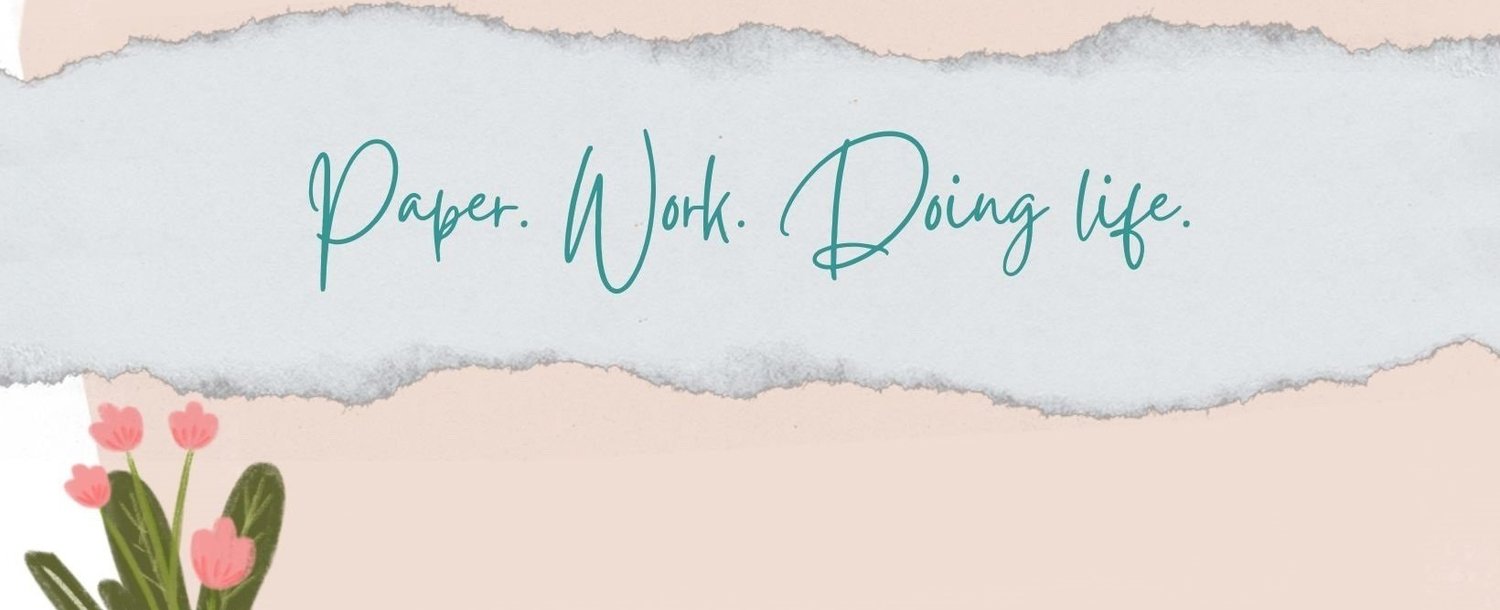The River We Remember - William Kent Kreuger
Genre - Contemporary/Historical? Fiction; Literary Fiction
In the epilogue of The River We Remember, William Kent Krueger writes, “Because we are only one part of the whole, the river we each of us remembers is different, and there are many versions of the stories we tell about the past.” On this central metaphor this novel is based. The novel opens with a dead body - at the river, and through the investigation, we come to know Brody Dern, the sheriff, Jimmy and Marta Quinn and their family, Noah and Kyoko Bluestone, Evangeline and her son Scott, Scott’s best friend, and the Creseys among others. We learn that what they remember is sometimes different - we learn that they are very much defined by pasts - filled with war, abuse, prejudice, loss, and, perhaps, love and joy. This town is a small town - and the relationships are defined by geography as well as events and relationships.
For a variety of reasons I went into this novel thinking that it would be OK - but not one that I would resonate with as much as others I have recently read. And perhaps at the outset that was true. But oh, I was quietly and steadily drawn into the world of this book and the hearts of its characters and the complexity of their lives. The characters are expertly drawn, and they all have secrets. Part of what engaged me is the mystery surrounding them - some resolved and some remaining. Brody has painful secrets from his war service overseas; Noah and Kyoko are both victims of prejudice; Evangeline comes from a painful childhood and makes decisions to escape that are difficult; Scott’s best friend and his mother are victims of domestic abuse. Kreuger is unflinching in his rendering of all of these painful issues and more. And yet, he is not heavy handed. He presents you with the characters and their choices and leaves you to process it the way that works for you. In that, he is supporting his epilogue about the same rivers being different for different people. The setting in the small Minnesota town in 1958 has a powerful influence. Of course the book begins and kind of ends at the river. The town is rural, and the people in it reflect in many cases the prejudices and values of the time. At some point or another all of the characters are victims of either or both.
I like to think sometimes that with the passing of time and of legislation that we as a culture are way beyond these prejudices and values. Often, I think we are worse. Always I know I have to work on myself - the product of a rural 70s and 80s upbringing. I hope that books like William Kent Kreuger’s The River We Remember will always leave me feeling uncomfortable with the progress I have made in how I move through the world and respond to the people in it. I hope, too, that I will continue in this time of my life to plumb my memories, like I should the relics in my house - deciding what to keep and what to let go - what is accurate and what is not. I have the luxury of time for reflection - if I allow myself to do so. If you like mystery, complexity, character driven works, this will be for you as well. Much like in life, a simple ending doesn't work for this novel. Like with life, if time continued to pass in this fictional story, the stories of this small town would be told with the variety of memories involved.
Cover image of The River We Remember by William Kent Krueger

